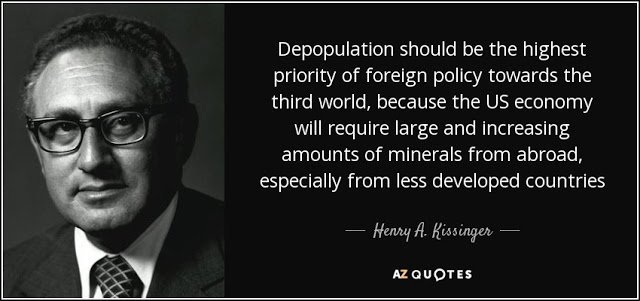So I decided to do a quick thread on Twitter after receiving many messages from young writers and new generation journalists about how to engage with media organisations or publications to get their work published. These messages have been trickling in for a while.
2. I had started getting more traction academically for my work.
3. People had begun reaching out to me to write on specific topics.
10. If you’re sending pitches to organisations. First of all make sure your pitch is clearly written and well-structured.
Love to all and best of luck with your writing. Hope these few rules I have for myself can somehow help you communicate better and achieve success in your writing journey. Xoxo. V










